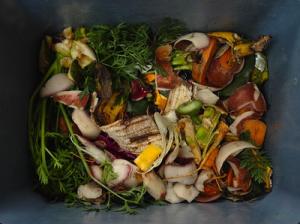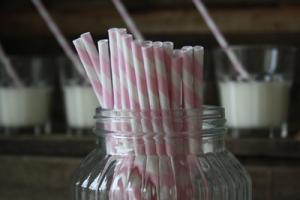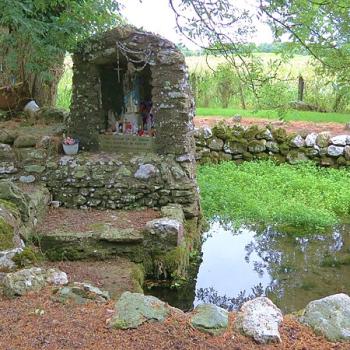
Yes, that is right, rot — compost. It’s now the five “r”s no longer three. And that word rot is just as important as the rest. Some say there are now six of them adding rethink to the phrase. However, you remember it, please do everything you can to help.
Recycling is now seen a s not as important bumping it to the bottom of the list. Sure, do it anyway when there is no other option. Studies show that recycling plastics is just as harmful to the environment than not recycling at all. However, aluminum, paper, cardboard, and glass are far more efficient and less toxic.
However, composting is a bigger deal. Not only does it cut the trash, it feeds the worms and good bugs. The worms in turn eat our compost and it becomes soil.
Composting at home can be as simple as digging a hole in your yard, your garden space and then dumping it and covering it up with the dirt. I add fallen leaves collected on the side of my garden area. It’s good to add leaves, shredded paper, cardboard or other “browns” to your compost. Alternatively, there are many types of composters, both indoor and outdoor.

Remember though, garden compost should only be vegetarian — vegetable and fruit discards, stale bread as well as crushed eggshells, paper such tissues and towels, even your snail mail envelopes — minus the plastic window. No oil, no dairy, no bones and no meat. Even compostable plates, bags and cups need to go elsewhere. Yes those things are compostable, but heat treated compost, not our own compost bins and gardens.
Additionally, I learned that meat and bones can actually be composted in a special heat treated way. This may require a special company to do and costs some money though. A congregation in Montclair offers this service to its members for a cost.
At the Unitarian Universalist Congregation at Montclair, New Jersey we are meeting monthly to work on these subjects. Our focus groups discuss one area of these topics then meet with the whole group and discuss plans to move forward in our towns. This is where I learned how recycling plastic is not really the best idea. However, as I said before, sometimes you are stuck: you need an item but it’s in a single-use plastic non-recyclable container.
So maybe it is time to reduce using single-use plastic items and upcycling. A simple example of upcycling is using an old tire as a swing, or planter. Another is using cut drink bottles to start your plants. So many things are upcyclable. This is just the beginning. Its only the tip of the iceberg.
As for repair, there is a group of people who will offer their services for a small cost or free. In Glen Ridge, New Jersey, residents get their items repaired for free. The items list includes small appliances, household electronics, lamps, sewing equipment and knife sharpening. Not a bad service especially if it includes surrounding towns. So many repairable broken items go into landfills instead.
Let’s change that right now, we can easily start this on our own. Find people who have these skills, and ask them if they wouldn’t mind volunteering their services. Try it for once a year and maybe add another day, until you get to run it quarterly with ease. It will surprise you at how many people have these skills and are willing to volunteer their services. Additionally, it may shock you at how many people need these services. These people might hold onto their items a bit longer the next time their items break. This, in turn, cuts down on landfill.
I’m so glad that supermarkets no longer give out single-use plastic bags here in NJ anyway. Now I’m hearing about the return of paper bags. While in one way it’s better than plastic bags. Paper bags won’t float in our rivers and streams. However, let’s think about what goes into making these bags. Are they using new or recycled paper and will they be properly recycled. Even better is using cloth or other reusable bags. It says on the bag to use 100 times. I wash mine every time they look a bit grimy or I know something leaked on them.

And please any chance you get, use a paper straw or better yet carry your own metal one. I know that this idea of paper straws our current President frowns upon, but they do help the environment. Let’s not add another thing a small animal can accidentally eat to the landfill. A documentary was filmed showing all our litter that small creatures consume contributing to their death. Bottle caps, paper clips, those plastic bag ties for bread, and the list goes on. One of many documentaries is The Plastic Problem – A PBS NewsHour Documentary
So this Earth Day, April 22, as we celebrate its 55th anniversary, think of ways to help Mother Earth. Share your ideas with friends and family. Create your own group and bring these ideas to your local township or city meetings. It seems like a little bit but trust me it will expand. Your efforts will show not quickly but soon enough.
See also: Earth Day: from plastic to compost — take care of our Mother
Earth Day 2023 — plant a tree, plant a seed and your intentions too
Earth Day 2022: 52 years of awareness – let’s continue the effort…
















